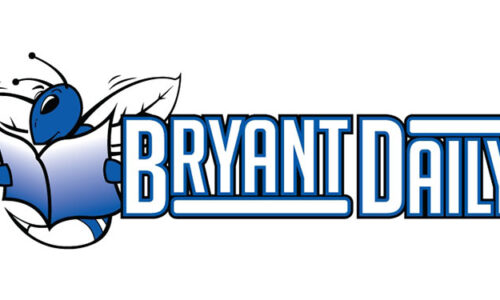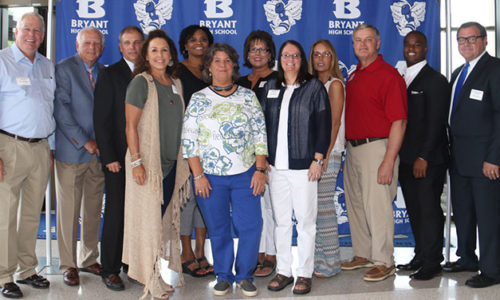By Martin Couch
The Bryant Civic and Governmental Affairs committee met last week at the Bryant Chamber of Commerce to discuss issues facing Bryant and Arkansas voters in the upcoming election.The details of Issue 2 and Issue 3 for the Jobs in Arkansas campaign were discussed.
"That was the only major item we discussed," said chairman Jim Garland. "We will be asking our committee members and possibly the Bryant Chamber Board for a resolution of support for these two measures. I think the measures are important to the future economic development of Arkansas."[more]
Garland explained that Issue 2 states that Arkansas laws are the most restrictive in the United States. They were aimed at protecting consumers but now, he said, restrict credit in the state and impede the ability of local governments to finance important public projects. As a consequence, the laws often increase costs by restricting financing alternatives, rather that protect the public and consumer.
Arkansas is at a competitive disadvantage due to out-of-date interest rate laws, Garland added.
The state's interest rate limits are tied to the federal discount rate that was at double-digit levels when the current laws were adopted 30 years ago, but the discount rate is now almost zero as part of the effort to stimulate the struggling economy, Garland mentioned.
The proposed issue would remove the existing method of determining the interest rate cap on all governmental bonds and loans, and permit restrictions to be adopted by the Legislature that could be modified as required by changing economic and market conditions; eliminate the current below-market interest rate cap on consumer and other loans that effectively prevents local businesses from offering credit to customers, while preserving the existing interest rate cap at 17 percent and allow local governmental units to save public funds by providing an effective method of financing energy savings projects.
This is important, Garland indicated, because the current law severely restricts and, in many cases, prevents state government and municipalities from raising money through bond issues for important projects such as police and fire stations, hospitals, streets and roads, recreation facilities, and economic development infrastructure.
The proposed amendment would offer flexibility for state government and municipalities to actually lower the interest paid on bonds by being able to take better advantage of low interest rate environments, Garland said.
Issue 3 states that Arkansas voters resoundingly passed Amendment 82 (commonly known as the Super Project Amendment) in 2004, but technical restrictions have kept the Amendment from being of any value in today’s rapidly changing economic environment.
This proposed issue would authorize the General Assembly, explained Garland, to issue bonds to recruit companies and remove the requirements of $500 million in capital investments and 500 jobs for a single project and offer much greater flexibility for this valuable economic development tool while preserving the existing cap on the annual amount of money that can be dedicated to bond repayment.
Arkansas has been unable to compete for certain projects with states like Mississippi, Alabama, South Carolina and Texas, Garland continued. These states operate without restrictions. The projects in which Arkansas was uncompetitive did not satisfy the dollar investment or number of employees currently required by Amendment 82, he noted.
The proposed amendment would broaden the application of economic development funding, thereby producing a greater statewide impact and benefit.
"We only had a couple of committee members present," Garland said. "This was our first meeting back since the summer break and we will have more to report on this next month."



ugg knightsbridge
It’s incredibly helpful for me.I was very glad to locate this website on google.I wanted to say several thanks to you with regard to this wonderful publish! I certainlyliked each tiny bit of it and I’ve you bookmarked to take a look at new things you article.